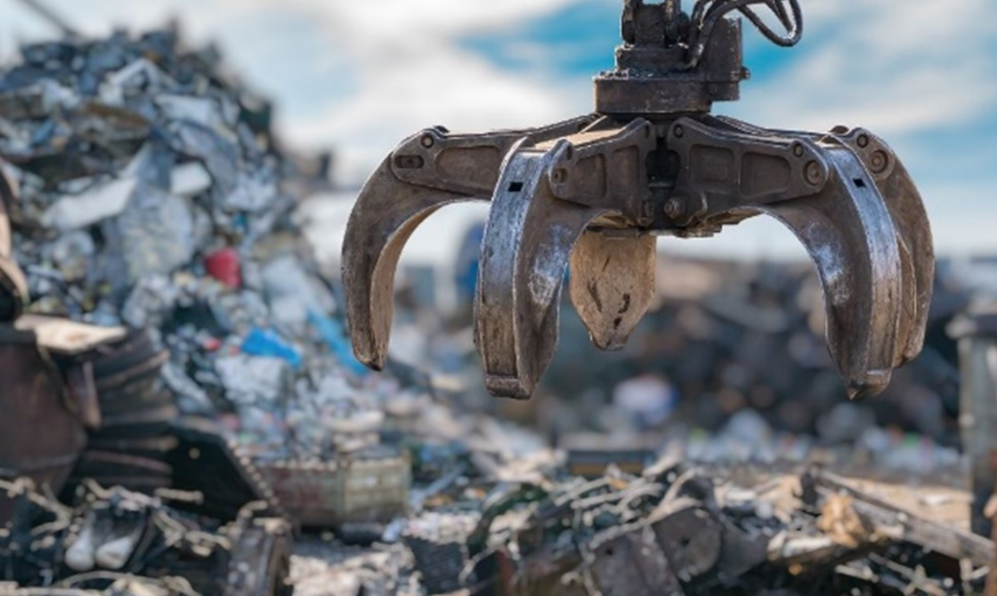
In today’s rapidly evolving industrial landscape, sustainability has moved from a buzzword to a business imperative. At the heart of this shift lies the scrap processing industry—a crucial yet often overlooked player in the circular economy. Scrap processing companies are the backbone of modern recycling infrastructure, turning what was once considered waste into valuable raw materials.
What Is a Scrap Processing Company?
A scrap processing company specializes in collecting, sorting, cleaning, and processing discarded materials—most commonly metals, plastics, paper, and electronics—for reuse in manufacturing. These companies serve as an essential bridge between waste producers and industries that depend on recycled materials as part of their production processes.
The Process: From Waste to Worth
-
Collection
Scrap is sourced from a variety of channels including industrial operations, demolition projects, automotive dismantling, and municipal recycling programs. -
Sorting and Separation
Advanced technologies such as magnetic separators, eddy current systems, and infrared scanners are employed to sort ferrous and non-ferrous metals, plastics, and other recyclable materials. -
Shredding and Processing
The sorted materials are shredded and compacted to facilitate easy handling and transportation. Metals may undergo melting and purification to meet industry-grade standards. -
Distribution
The processed scrap is then sold to manufacturers, smelters, and foundries to be reused in new products, closing the loop on material life cycles.
Environmental and Economic Benefits
Scrap processing companies play a pivotal role in reducing the environmental footprint of raw material extraction and industrial waste. Recycling metals like aluminum and copper uses up to 95% less energy than producing them from virgin ore, significantly reducing greenhouse gas emissions.
In addition to environmental benefits, scrap processing supports local economies by creating jobs in logistics, sorting, technology, and operations. It also reduces dependency on imported raw materials, boosting national resource resilience.
Innovation in the Industry
Today’s scrap processing facilities are leveraging cutting-edge innovations including AI-powered robotic sorting, blockchain for supply chain traceability, and green energy sources to power their operations. These advancements are increasing efficiency, safety, and sustainability across the board.
Challenges Ahead
Despite its many benefits, the industry faces challenges such as fluctuating commodity prices, contamination in recycling streams, and evolving regulations. Moreover, public awareness and participation in recycling efforts remain crucial for the continued success of scrap processing operations.
Conclusion
Scrap processing companies are vital to building a sustainable, resource-efficient world. As industries and governments intensify their focus on reducing waste and conserving natural resources, the role of these companies will only grow in importance. Investing in advanced recycling infrastructure and public education is key to unlocking the full potential of the circular economy—and scrap processors are leading the charge.